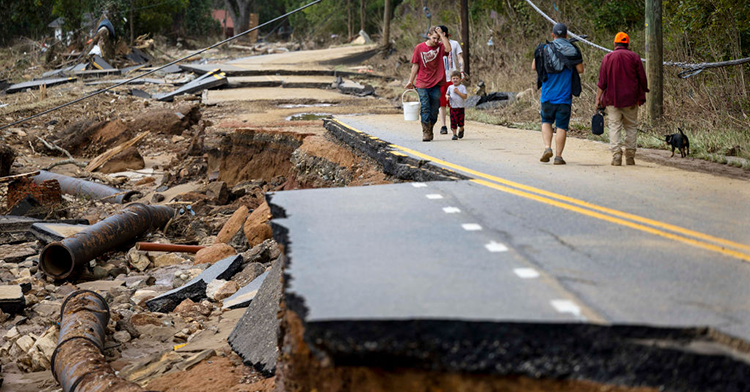Years ago, I had a friend who taught me about celebrating the deep grace of ordinary things. The insatiable marketing machinery that frames so much of our lives has gradually convinced us that only extraordinary things are worthy of celebration (the best vacation! the best guacamole! the best toothbrush! the best car ever!). This false perspective leaves many an unfulfilled soul frustrated by unmet expectations, even though the expectations were impossible from the start. We are a culture looking for grace using all the wrong criteria.
Making this unfulfilling cocktail even more potent is the instant, in-a-flash, overnight-delivery nature of so many things. We want the extraordinary, and we want it now! The longer we have to wait, the more frustrated we become. The best is not good enough on its own; we demand our comforts as soon as we click a button. All of life’s desires are boiled down to vending machine transactions.
Lifting his prophetic voice at full strength, Wendell Berry warned of as much in 1973:
Want more
of everything ready made. Be afraid
to know your neighbors and to die.
And you will have a window in your head.
Not even your future will be a mystery
any more. Your mind will be punched in a card
and shut away in a little drawer.
When they want you to buy something
they will call you. When they want you
to die for profit they will let you know.
Like a microwave pizza that is flimsy to the touch and plastic to the taste, the instant gratification we desire isn’t very palatable. Drive-thru windows, instantaneous Google searches (remember the time it took to use the card catalog?) and Amazon Prime have ruined reasonable expectations about the amount of time that progress, transformation and substantive change actually require. The future promises little correction, as the next iteration of faster customer satisfaction proposes delivery by drone airdrops onto our front lawns (what could possibly go wrong with that?).
Spiritual renewal and deepening discipleship cannot be ordered overnight. It is fantasy to think otherwise. There really is no app for encountering God.
But we do have Advent, a time of deep, countercultural practice that offers a corrective to the maddening pace all around us. Advent makes us wait. Structured as a walk -- a long, slow walk -- the positive deviance of Advent mirrors the pregnancy of Mary. Just as no mother moves from conception to birth in two days, no ministry can be conceived, nurtured and birthed into the world without time to grow and mature.
Some years ago, I planted a garden with my children. We tilled, prayed and waited. My 21st-century children found waiting excruciating: “When will we have watermelons?” These are, after all, the children for whom Disney World invented the FastPass, a seductive contrivance that allows a family to skip long lines, eliminating the wait completely. Children of this age assume that everything has a fast pass option.
But as days passed by and fragile yellow leaflets became broad green leaves, the children and I had time to talk about how the plants were growing under the soil. We saw the bees and insects pollinating. The disciplines of weeding and watering over the months it took for little flowers to become peppers and squashes and tomatoes became a means of growth not only for the plants but also for us.
The delayed gratification of the garden became its own kind of ordinary grace. Grace that allowed a father to spend time with his children. Grace that allowed us to walk around the garden together.
The wise necessity of Advent and its delayed gratification offers a similar grace. Advent is so predictable, so ordinary. There are no extraordinary Advent hymns for a reason (is there even a “best” Advent hymn?). Just as we don’t need surgeons who raced through medical school too quickly, we don’t need to rush toward Christmas. Pulling back on the reins of the runaway Christmas sled allows for the senses to adjust and the heart to be tuned for the melodies of the Holy Spirit.
For very good reasons, there is no expressway to Bethlehem. We walk alongside the expectant couple, carrying our own hopes with us. Moving a little more slowly, we behold the majesty of God’s unfolding kingdom instead of missing it while we zoom by. The baby will come, but on his time, not on ours. Advent’s journey of delayed gratification becomes a chance to slow down and behold the ordinary, which is what we need more than anything else.








